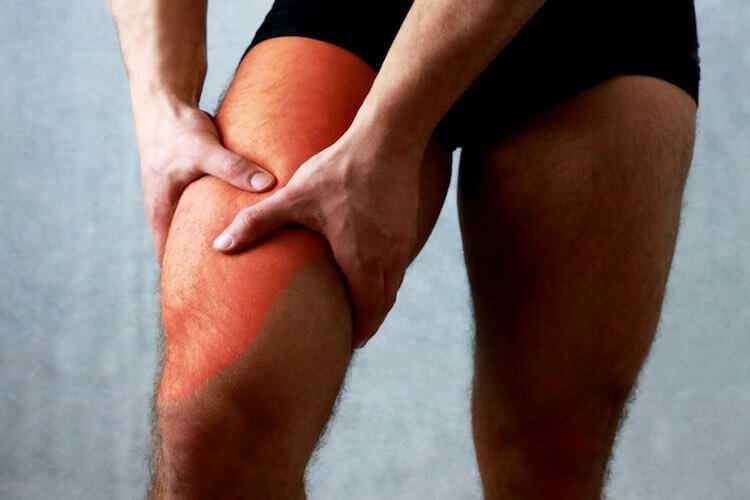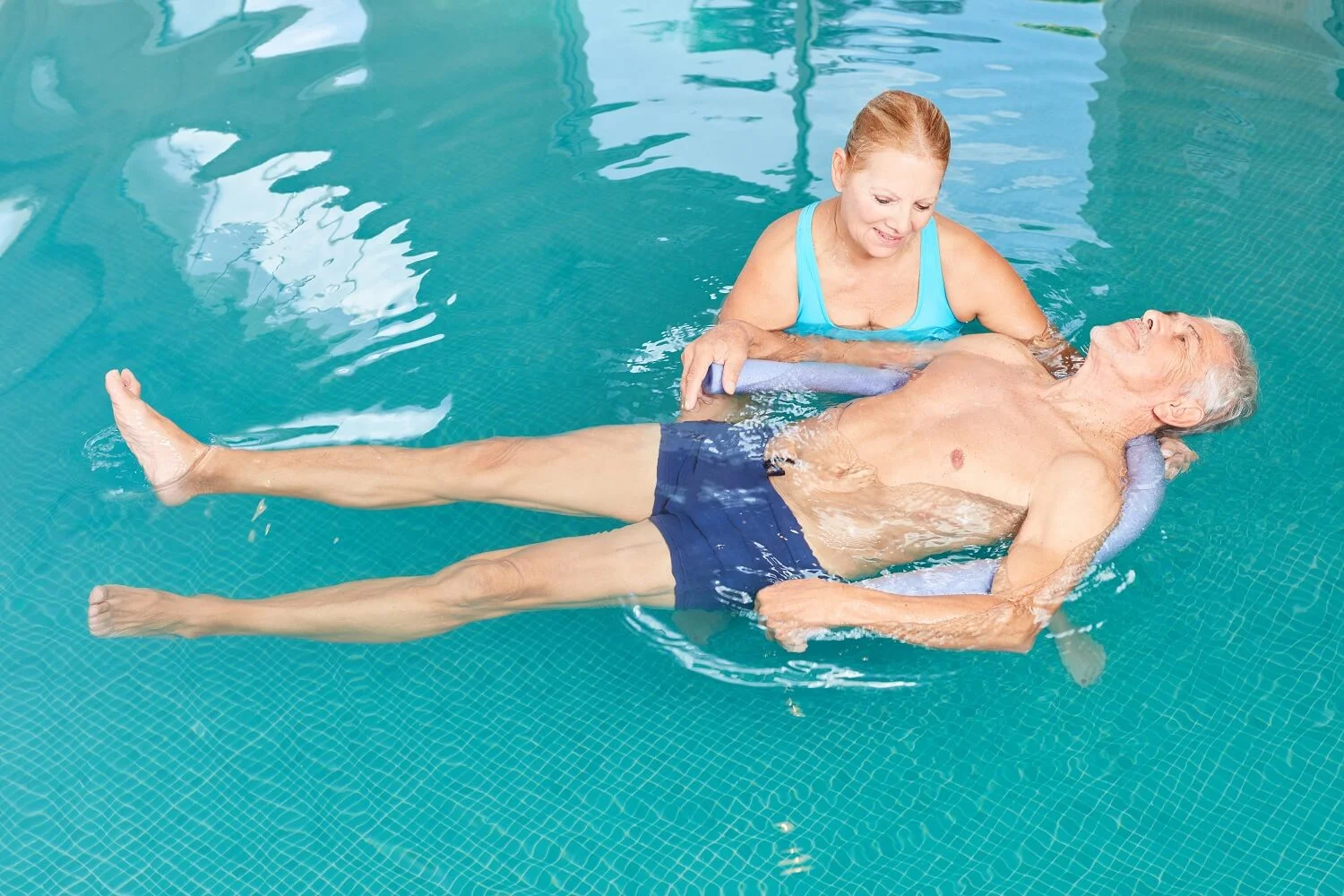Dry needling is an evidence-based technique practiced by physiotherapists. It involves inserting a needle into soft tissues with the of relieving pain, treating neuromuscular conditions, improving musculoskeletal function and decreasing myofascial tension. In other words, instead of digging our fingers into sore areas, we use a needle to do the same job.
Acupuncture, on the other hand, is a traditional Chinese medicine that involves placing needles in optional areas for restoring the body’s qi flow. Acupuncture is commonly used for managing pain associated with chronic conditions.
What are the benefits of dry needling?
When comparing dry needling to other physiotherapy techniques for trigger point release, there are many benefits such as:
- Helps the body to recover muscle length without impacting on surrounding tissue structures.
- Provides relief for some muscular pain and stiffness.
- Time efficient treatment, as your physiotherapist can target multiple areas in a single session.
- Can promote better sleep and relaxation.
- Improvements can be felt almost immediately.
- Dry needling is less painful than manual trigger point release and deep tissue massage.
All our practitioners are trained in dry needling and frequently offer it as a treatment modality in conjunction with manual (hands-on) physiotherapy techniques. Your Sydney physiotherapist will assess whether or not dry needling is appropriate for your overall rehabilitation plan.
Dry needling is currently offered at all our Sports Focus Physiotherapy practices in Sydney. For more information, please click here or get in touch with a member of our team. Book your dry needling appointment online today.




I am so grateful for your blog post. Really thank you! Keep writing. Austine Warden Eberly